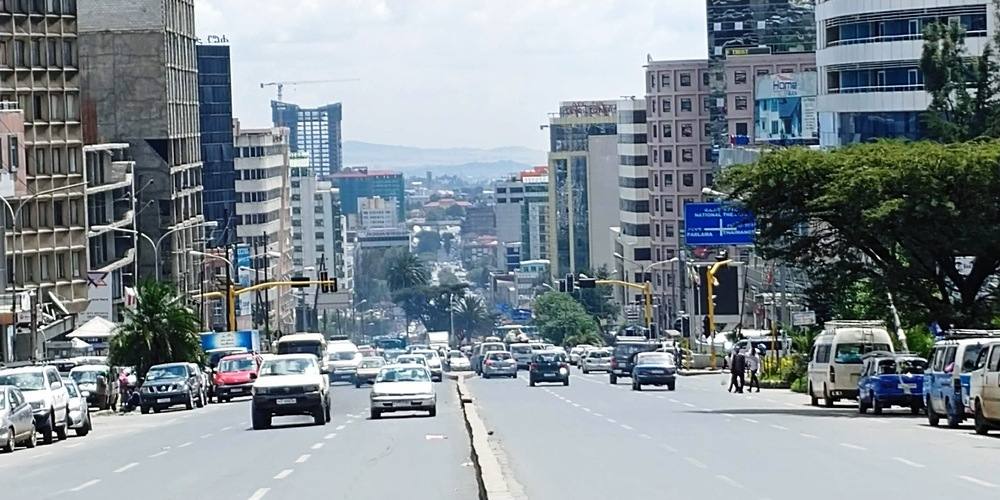Tatiana Rokou
The Indian Ocean island destination has announced that it will be welcoming visitors from across the globe, irrespective of their vaccination status, as from March 25, 2021. Visitors from South Africa will still not be permitted to enter Seychelles for the time being until further review.
The announcement was made by the Minister for Foreign Affairs and Tourism, Sylvestre Radegonde in a press briefing this morning, Thursday, March 4, 2021, at the Seychelles Tourism Board (STB) conference room at Botanical House following the Tourism Task Force Committee meeting.
Visitors will now only be required to present a negative PCR test taken 72 hours prior to departure. There will be no quarantine requirement nor restriction on movement upon entry into Seychelles. Additionally, the minimum stay in establishments upon arrival will no longer be applicable.
However, visitors will still be required to adhere to other public health measures put in place in view of the pandemic these will include wearing of face masks, social distancing, regular sanitisation or washing of hands. The new measures also give visitors access to all communal area within the hotel premises inclusive of bars, swimming pools, spas and Kid’s club.
Minister Radegonde stated that the decision to review and relax the entry procedures in the country has been made possible in view of the success registered in the aggressive vaccination campaign that the country embarked on earlier in the year.
“The vaccination campaign has been quite successful. The government has done everything in its power to make sure that the population is protected. We have now arrived at the point where opening our borders further is the next step to allow for our economic recovery. The measures being announced reflect broadly the recommendation of our tourism partners and have been done in full consultation with and the endorsement of our health authorities.”
Commenting on the reopening of the destination, Lubaina Sheerazi, CEO, BRANDit, the Marketing and PR office for Seychelles Tourism Board in India said, “As Indians are looking for more destination choices to travel internationally, Seychelles opening up to India without any restrictions comes at a great time when people are ready to emerge out of their COVID cocoons and plan trips abroad. Being a dynamic country with a lot to offer to tourists, we are excited to motivate the trade and consumers to plan their next getaway in Seychelles”.
The small island nation off the east coast of Africa whose economy is based primarily on tourism was the first African country to launch a bold, comprehensive and effective Covid-19 immunisation campaign, in January 2021.
The destination will continuously review the new entry measures to ensure that at all times the health and safety of the visitors and the local population are not compromised.
About the Author
Tatiana is the news co-ordinator for TravelDailyNews Media Network (traveldailynews.gr, traveldailynews.com and traveldailynews.asia). Her role includes to monitor the hundrends of news sources of TravelDailyNews Media Network and skim the most important according to our strategy. She holds a Bachelor’s degree in Communication & Mass Media from Panteion University of Political & Social Studies of Athens and she has been editor and editor-in-chief in various economic magazines and newspapers.




 Posted by Tourist Life
Posted by Tourist Life 







You must be logged in to post a comment.